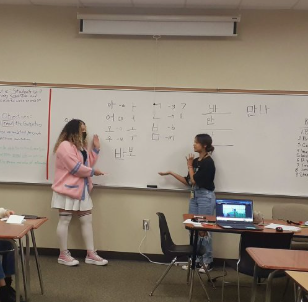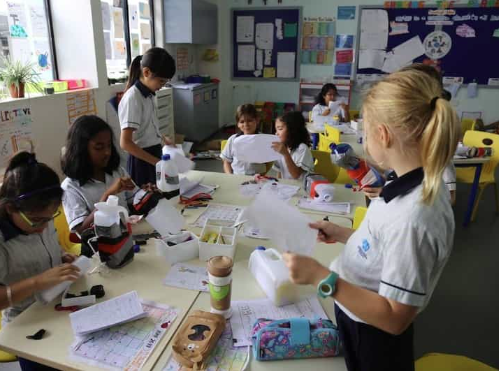Language and culture clubs in high schools offer students an engaging way to explore global traditions, customs, and communication skills. These clubs are more than extracurricular activities—they serve as interactive learning spaces that build understanding, foster inclusivity, and promote global awareness. Students who participate in such programs often develop an appreciation for diverse cultures while improving their language skills and communication abilities.
In language clubs, students practice conversational skills, learn vocabulary, and gain insights into grammar and pronunciation through fun, peer-led activities. Some clubs focus on popular languages taught in schools such as Spanish, French, or German, while others explore less commonly taught languages. By creating a casual and supportive setting, these clubs help students grow confident in their speaking and comprehension abilities.
Cultural clubs expand beyond language, allowing students to celebrate global traditions. Activities might include international food tastings, holiday celebrations, cultural dance demonstrations, or film nights showcasing international cinema. These events help build a deeper understanding of different perspectives and promote respect for multiculturalism within the school community.
Many language and culture clubs collaborate with guest speakers, language teachers, or community members from diverse backgrounds. These connections give students a chance to ask questions, hear real-life experiences, and participate in workshops that strengthen cross-cultural communication.
Participation in these clubs supports skill-building beyond academics. Students enhance their public speaking, teamwork, event planning, and organization. These experiences are also valuable additions to college applications and future careers, especially for students interested in international studies, hospitality, education, or global business.
Language and culture clubs create inclusive environments where students from all backgrounds feel welcome. By exploring traditions from around the world, students not only expand their knowledge but also build empathy, respect, and global curiosity. High schools that promote these programs contribute to developing open-minded, culturally aware, and socially responsible young adults.














